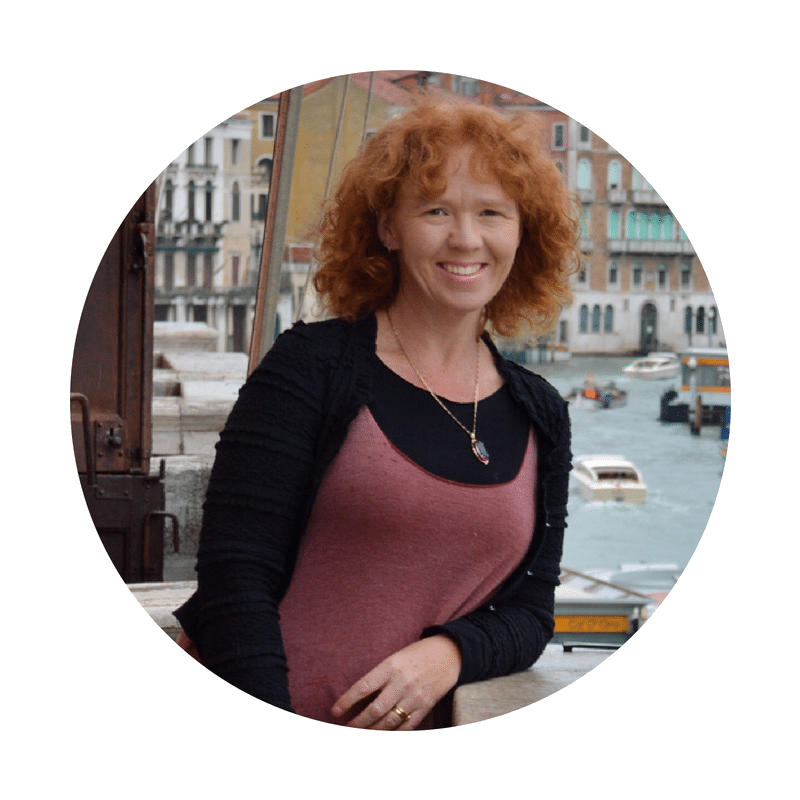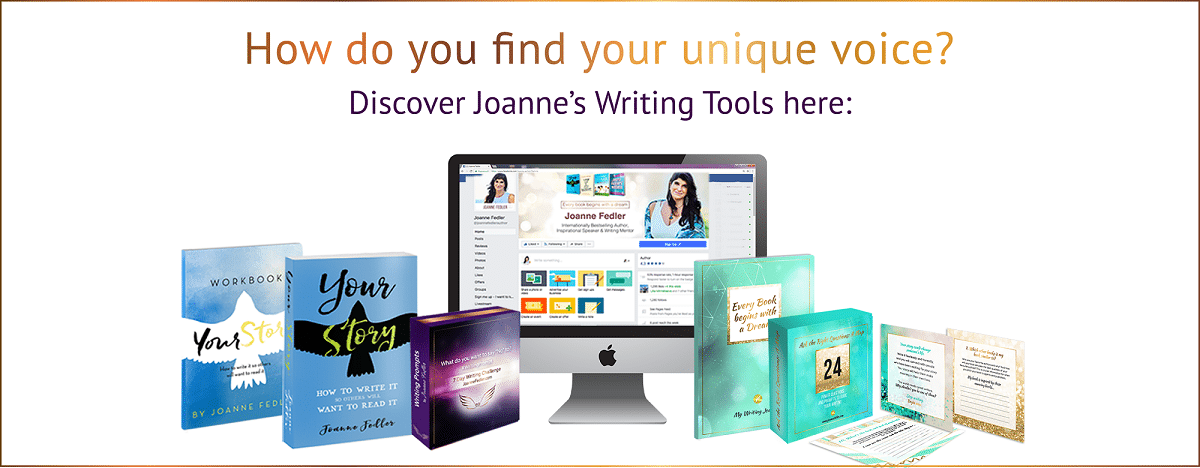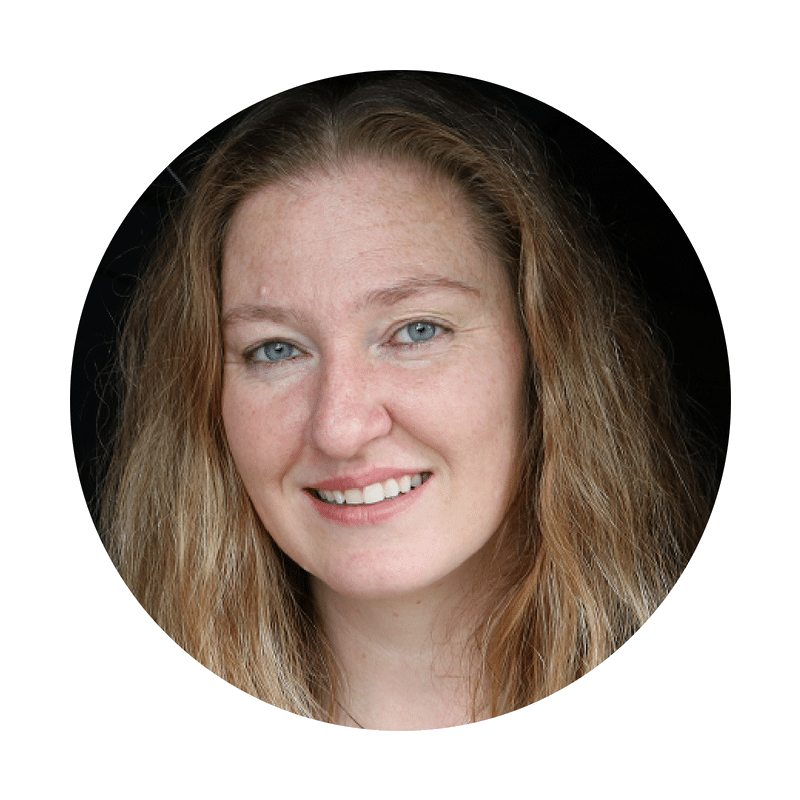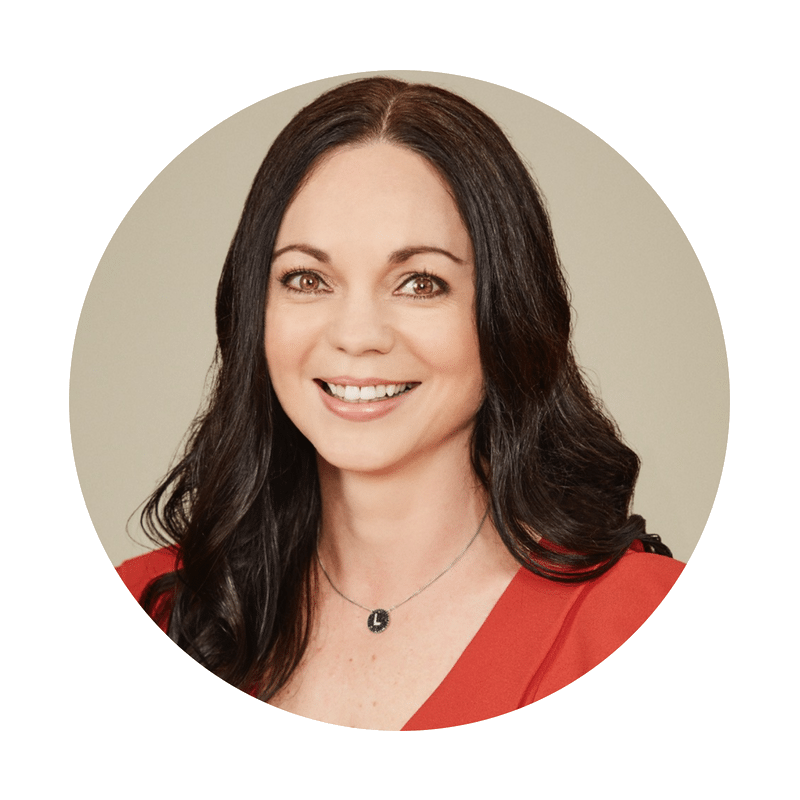Holy shit. I need glasses.
Like clockwork, the switch for my blurry vision gene was flicked on the day I turned forty. I’m not sure why I was surprised. I’m the one who, for decades, was prepared for my period every fourth Tuesday at ten o’clock. Some women know the day or week to expect them, but if it got to half past ten, I’d convince myself I was pregnant.
‘It’s ten o’clock Tuesday,’ I’d whisper to Amanda as I passed her desk.
She often replied with a wink.
It was bizarre that my vision of life was becoming a whole lot clearer around the same time that my eyesight turned from crystal to frosted. What I had finally realised was that, as a perfectionist, my outlook was constantly clouded. Clouded by dreams. Such illusions projected an unattainable future, which accidently put my life on hold. I was forever waiting for the day when ‘everything would be sorted’ before taking action to start my ‘proper life.’ ‘That’s when the fun will begin,’ I kept telling myself.
Every little girl has a grown-up wish.
‘I’m going to be an actress, or a newsreader like Jana Wendt. And by the time I’m thirty, I’ll be married to a handsome prince and we’ll have two or three children.’
My reality was a tad different. I had suffered from Stockholm Syndrome for many years in unfulfilling jobs. I had settled for relationships with emotionally unstable or abusive men, and I had almost certainly missed any chance to have my own children.
Through my delusion, I held on to faith. My gut told me over and over that it would ‘all work out’. Who knows how long I would have kept floundering if I hadn’t received my wake-up call. The shock of my dad’s premature death, when I was thirty-six, shook the madness out of me and ignited my search for meaning. Before this, I was proud to strive for perfection. Proud to put other’s needs before my own. Innocent to the massive consequences.
For the first time, I challenged the fantasy I had accepted as my reality.
I looked closely at the vision that had been hijacked by other people’s agenda’s. My vision. What vision did ‘I’ have for my life? My outlook was inherited. I’d never asked the question.
‘Good girls do what they’re told,’ I’d heard.
Although my focus shifted inwards, my search for purpose expanded. Instead of being paralysed by fear and how the big scary world affected me, I began to explore. I had a poster on the wall, staring at me throughout my university days. A little girl with outstretched arms and the quote, ‘je vue vivre’ (I want to live). The desire was always within me, but I was too scared to put it into action. Now there was no option.









